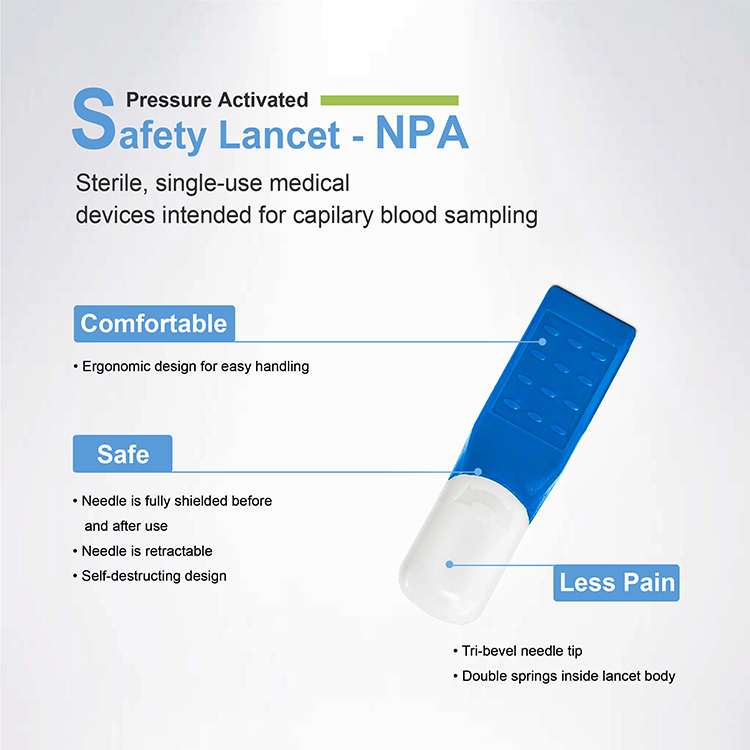Nov . 22, 2024 04:11 Back to list
diagnosis of malaria manufacturers
Diagnosis of Malaria An Overview of Manufacturers and Technologies
Malaria remains a significant global health challenge, particularly in tropical and subtropical regions. The disease, caused by the Plasmodium parasite and transmitted through Anopheles mosquitoes, can lead to severe illness and even death if not diagnosed and treated promptly. In this context, accurate and efficient diagnostic tools are critical in controlling malaria transmission and improving patient outcomes. This article explores the various manufacturers and technologies involved in the diagnosis of malaria, highlighting their contributions to the fight against this disease.
The Importance of Malaria Diagnosis
Early diagnosis of malaria is crucial for effective treatment and prevention of complications. Traditional methods such as microscopy have been the gold standard for malaria diagnosis for decades. However, this technique requires skilled personnel and can be time-consuming. As a result, there has been a push towards developing more rapid, sensitive, and specific diagnostic methods.
Types of Diagnostic Tests
1. Rapid Diagnostic Tests (RDTs) RDTs have revolutionized malaria diagnosis due to their ease of use and speed. These tests typically detect specific antigens produced by Plasmodium species in the patient's blood. Manufacturers such as Abbott, SD Biosensor, Nanjing AIBO Biotechnology, and Fio Corporation produce a variety of these tests, allowing for quick diagnosis at the point of care, even in remote areas with limited laboratory infrastructure. These tests are particularly useful in endemic regions where clinical symptoms may not be sufficient for diagnosis.
2. Microscopy While traditional, microscopy remains relevant today as a confirmed method for identifying malaria parasites. Companies like Thermo Fisher Scientific and BD provide advanced microscopes and training solutions that enhance the skills of healthcare workers. The use of digital imaging technology is also being explored to improve the accuracy and efficiency of microscopy in diagnosing malaria.
3. Polymerase Chain Reaction (PCR) PCR tests are highly sensitive and can detect the presence of malaria DNA in the blood. Manufacturers like Qiagen and Roche are pioneers in this field, providing robust PCR systems that can be utilized for research and clinical applications. Although PCR is more expensive and requires laboratory facilities, its accuracy makes it invaluable for confirmation in complicated cases.
diagnosis of malaria manufacturers

4. Serological Methods These tests detect antibodies against malaria parasites in the patient's blood. Although mainly for research and epidemiological surveillance, manufacturers such as Ortho Clinical Diagnostics offer serological tests that contribute to understanding malaria prevalence and potential outbreaks.
Innovations in Malaria Diagnosis
Ongoing research and development in malaria diagnostics have led to innovative approaches that enhance detection capabilities. For instance, the integration of molecular diagnostics with mobile technology is improving access to testing resources in rural areas. The development of smartphone-based diagnostic apps, supported by manufacturers like DabaDoc, allows healthcare workers to analyze results in real time, enhancing treatment decisions.
Additionally, manufacturers are working on multiplex tests that can simultaneously detect multiple strains of the malaria parasite, which is essential for understanding the epidemiology of the disease and tailoring appropriate interventions.
The Future of Malaria Diagnostics
The landscape of malaria diagnosis is continuously evolving. With advancements in technology and a greater understanding of malaria biology, manufacturers are at the forefront of this change. Continuous investment in research, public health initiatives, and collaborations between governments and private sector entities will be essential in expanding access to effective diagnostic tools.
In conclusion, the diagnosis of malaria plays a pivotal role in controlling this persistent disease. Manufacturers are key players in this field, providing a range of diagnostic tools that enhance detection capabilities. As innovations continue to emerge, the hope is that malaria can be more effectively combated, leading to decreased morbidity and mortality associated with this disease globally.
-
Rapid BZO Test Kit - Fast & Accurate Benzodiazepines Detection
NewsAug.04,2025
-
China Nylon Flocking Swabs - AI Enhanced Quality Collectors
NewsAug.03,2025
-
Highly Accurate hCG Pregnancy Test Strips - 5 Min Results
NewsAug.02,2025
-
Premium Empty ABS Plastic Cassettes: Durable & Lightweight Storage
NewsAug.01,2025
-
Accurate Cocaine (Coc) Rapid Test Kit | Fast & Reliable Detection
NewsJul.31,2025
-
Accurate HCG Pregnancy Test Strips | Fast Home Use Kit
NewsJul.31,2025

